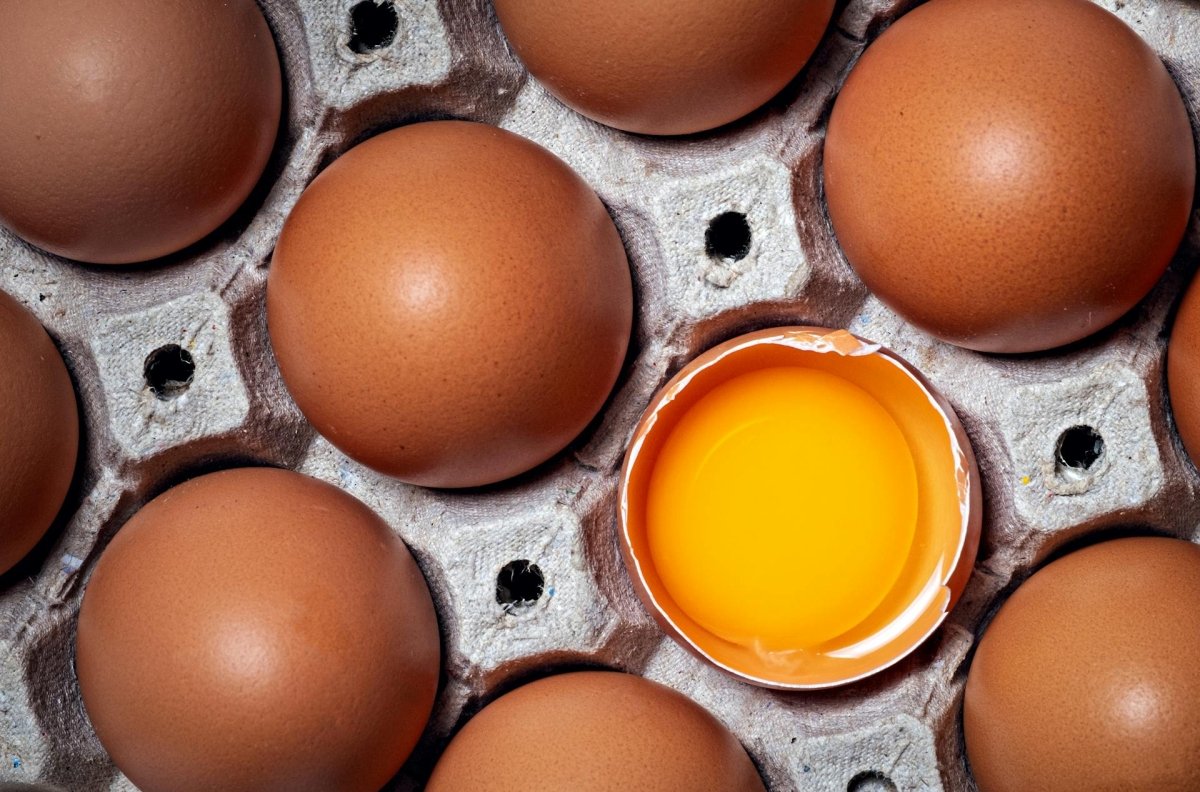
A Guide to Chicken Eggs
Chicken eggs are a staple in kitchens around the globe, cherished not just for their nutritional value but also for their versatility in cooking. Rich in protein, vitamins, and minerals, they play a vital role in human diets and agricultural systems.
Beyond their culinary uses, eggs are fascinating from a biological perspective, showcasing a remarkable variety of types and qualities. This guide delves into the world of chicken eggs, exploring their composition, the different types available, their health benefits, and intriguing facts that every egg enthusiast should know.
What Are Chicken Eggs Made Of?
The Composition of a Chicken Egg
Chicken eggs consist of several key components. The shell, primarily made of calcium carbonate, serves as a protective barrier against physical damage and bacteria.
Inside, the egg white (or albumen) is rich in proteins and acts as a cushion for the yolk, the nutrient-dense centre filled with fats, vitamins, and minerals essential for growth and development.
Surrounding the yolk are two membranes that provide additional protection, while the chalazae twisted strands of protein help keep the yolk centred within the egg.
What Are The Calories & Nutritional Value Of A Chicken Egg?
Nutritionally, a large chicken egg contains about 70 calories and is packed with key nutrients. It offers high-quality protein, essential vitamins (like B12 and D), and important minerals such as selenium and zinc.
Eggs are versatile in various diets, fitting well into high-protein, low-carb plans, making them a popular choice for health-conscious individuals looking to enhance their nutrition.
What Types of Chicken Eggs are There?
Egg Colour Varieties
The colour of chicken eggs is primarily determined by genetics rather than nutrition. Different breeds of chickens produce eggs in various hues, with the most common being white and brown.
Breeds like the Leghorn lay white eggs, while Rhode Island Reds typically produce brown ones. Interestingly, some chickens, such as the Araucana, are known for their striking blue and green eggs, adding to the variety available in the market.
Egg Sizes
Eggs are classified into standard size categories: small, medium, large, and extra-large. The size of an egg can affect its composition; for example, larger eggs generally contain more egg white and yolk.
This distinction can be crucial in cooking and baking, as recipes often specify egg sizes for optimal results. Using the correct size ensures the right balance of ingredients, which can impact texture and taste.
Free-Range, Organic and Conventional Eggs
The method of production significantly influences the flavour, nutritional content, and price of eggs. Free-range eggs come from hens that have access to outdoor spaces, which often results in richer yolks and a more robust flavour.
Organic eggs are produced from hens fed organic feed without synthetic pesticides or fertilisers, and they typically have higher nutritional value.
In contrast, conventional eggs are usually produced in large-scale farms where hens are kept in confined spaces. These production methods lead to differences in taste and nutrition, influencing consumer preferences and pricing.
How Do Chickens Lay Eggs?
The egg-laying process in chickens is a complex biological journey that begins in the hen's ovary, where the yolk is formed.
After ovulation, the yolk enters the oviduct, where it takes approximately 24 to 26 hours to develop fully into an egg, adding layers of albumen, membranes and the shell along the way.
What Factors Influence Egg Laying?
Several factors significantly influence the frequency and quality of egg production. Diet plays a crucial role; hens that receive a balanced diet rich in protein and calcium produce higher-quality eggs.
Light exposure is also vital, as hens require a certain number of daylight hours to stimulate hormonal cycles necessary for egg production.
Lastly, different chicken breeds have distinct laying capacities; for instance, Leghorns are renowned for their prolific egg-laying ability, while Rhode Island Reds produce fewer eggs but often with a richer flavour. Understanding these aspects can help optimise egg production for both home and commercial operations.
How to Store and Handle Chicken Eggs?
How to Store Eggs Properly
To maintain freshness, chicken eggs should ideally be refrigerated at a temperature of around 0-4°C (32-39°F). It is best to store them in their original carton to prevent the eggs from absorbing strong odours and flavours from other foods.
Washing eggs is not recommended before storage, as it can remove the protective coating that helps keep them fresh. In some countries, like the UK, eggs are often stored at room temperature due to strict handling practices before they reach consumers.
Checking Egg Freshness
To determine if an egg is still fresh, you can use the float test: place the egg in a bowl of water; if it sinks and lays flat, it’s fresh. If it stands upright or floats, it's best to discard it.
Other visual indicators include checking for any cracks or unusual spots on the shell, while tapping the egg can help assess its freshness by sound; a dull thud suggests an older egg.
Safety Tips
To avoid the risk of salmonella, it is crucial to cook eggs thoroughly until both the whites and yolks are firm. Always wash hands and cooking utensils after handling raw eggs to maintain proper hygiene and prevent contamination.
Chicken Eggs in Cooking and Baking
The Versatility of Eggs
Chicken eggs are renowned for their versatility in the kitchen. They can be cooked in various ways, including boiling, scrambling, frying, and poaching, each method bringing out different textures and flavours.
In baking, eggs serve crucial roles as binding agents, helping to hold ingredients together, and as leavening agents, providing the lift and lightness that are essential in many baked goods.
Popular Dishes Using Eggs
Eggs feature prominently in classic breakfast dishes such as omelettes, scrambled eggs, and eggs Benedict, where they are often the star ingredient.
In the world of baking, eggs are indispensable in recipes for cakes, bread, and custards, contributing moisture, richness, and stability. Their ability to emulsify and create structure makes them a favourite in both sweet and savoury dishes.
Substitutes for Eggs in Vegan Cooking
For those following a vegan diet, there are several effective substitutes for eggs. Common replacements include chia seeds or flaxseed meal, which, when mixed with water, create a gel-like consistency that mimics the binding properties of eggs. Commercial egg substitutes are also available.
However, these alternatives can affect the texture and flavour of recipes, often resulting in denser baked goods. Understanding how to use these substitutes can help maintain the integrity of recipes while accommodating dietary preferences.
In summary, chicken eggs are a diverse and nutritious food source, offering a range of benefits in terms of protein, vitamins, and minerals. Their versatility in cooking and baking, along with their cultural significance around the globe, makes them a staple in many diets.
From classic breakfast dishes to essential ingredients in baking, eggs play an important role in culinary traditions worldwide. We encourage readers to explore the various types and uses of chicken eggs to fully appreciate their value in the kitchen and beyond.






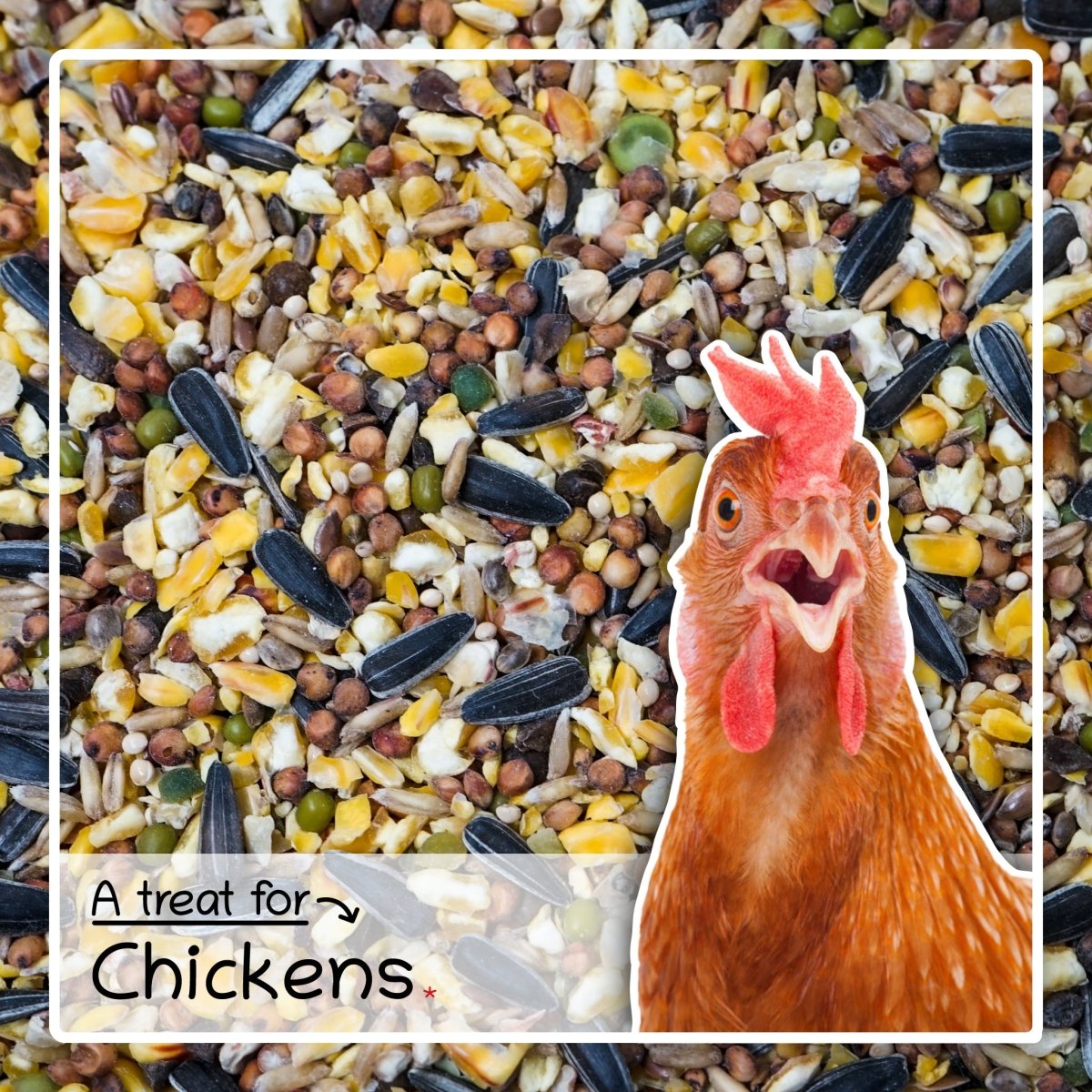

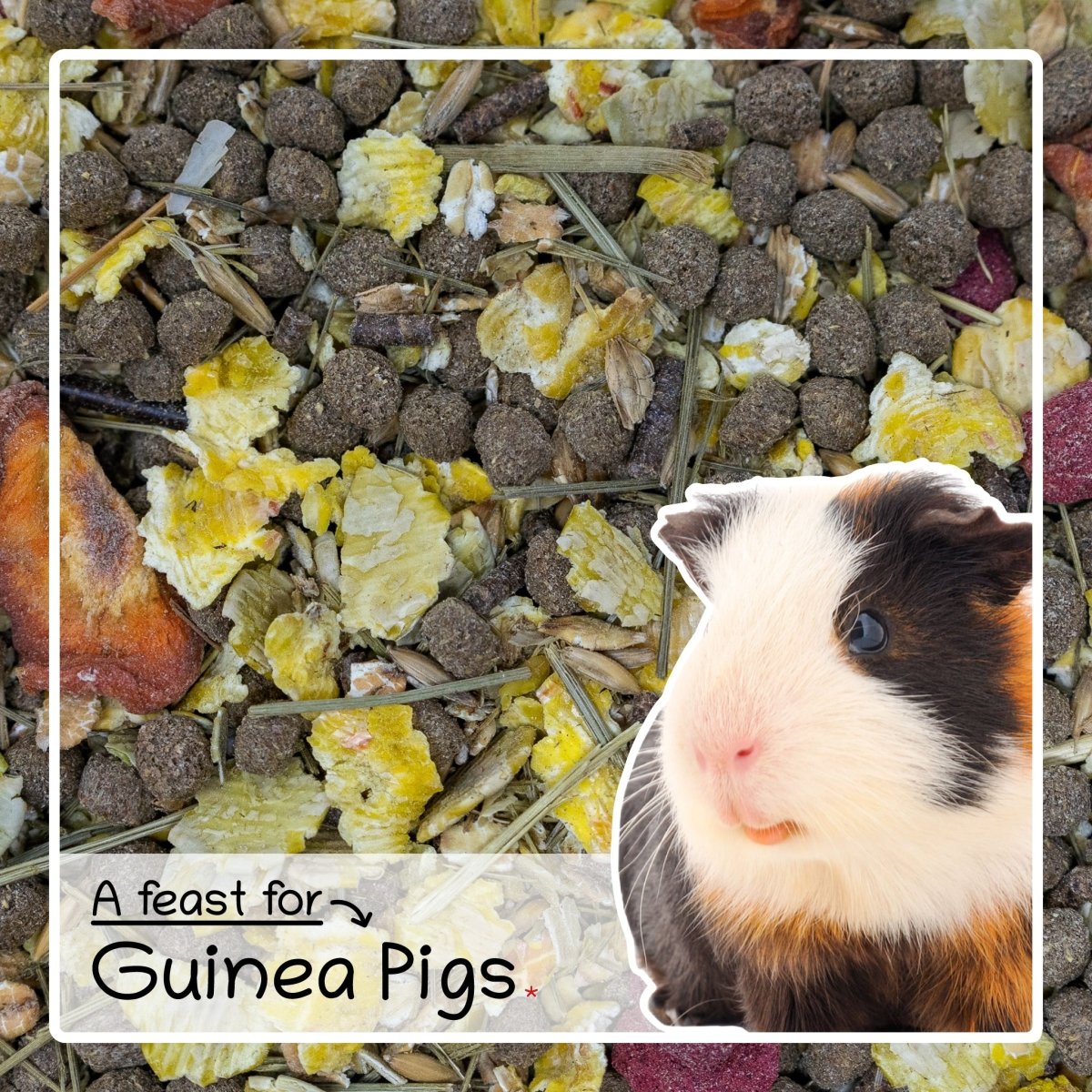






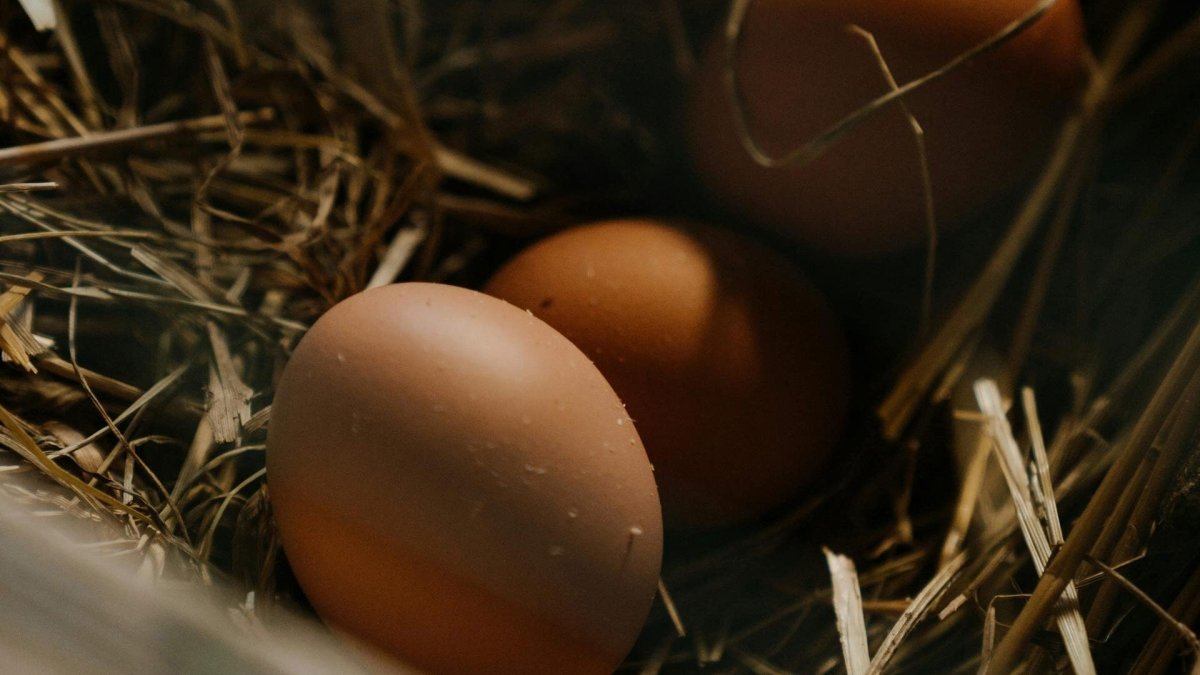
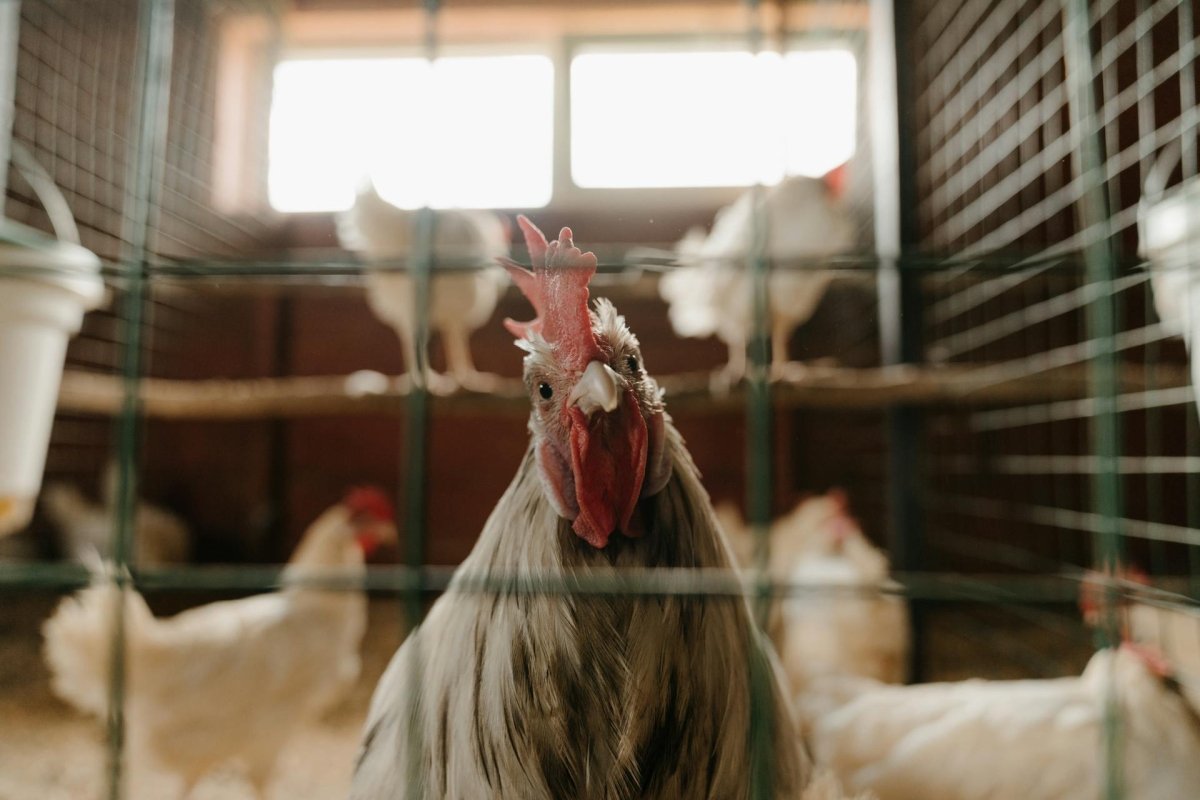
Leave a comment
This site is protected by hCaptcha and the hCaptcha Privacy Policy and Terms of Service apply.